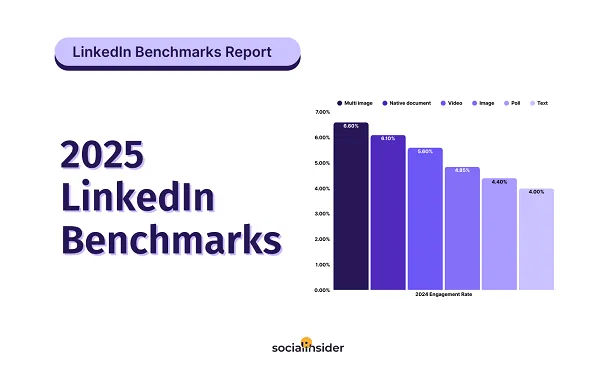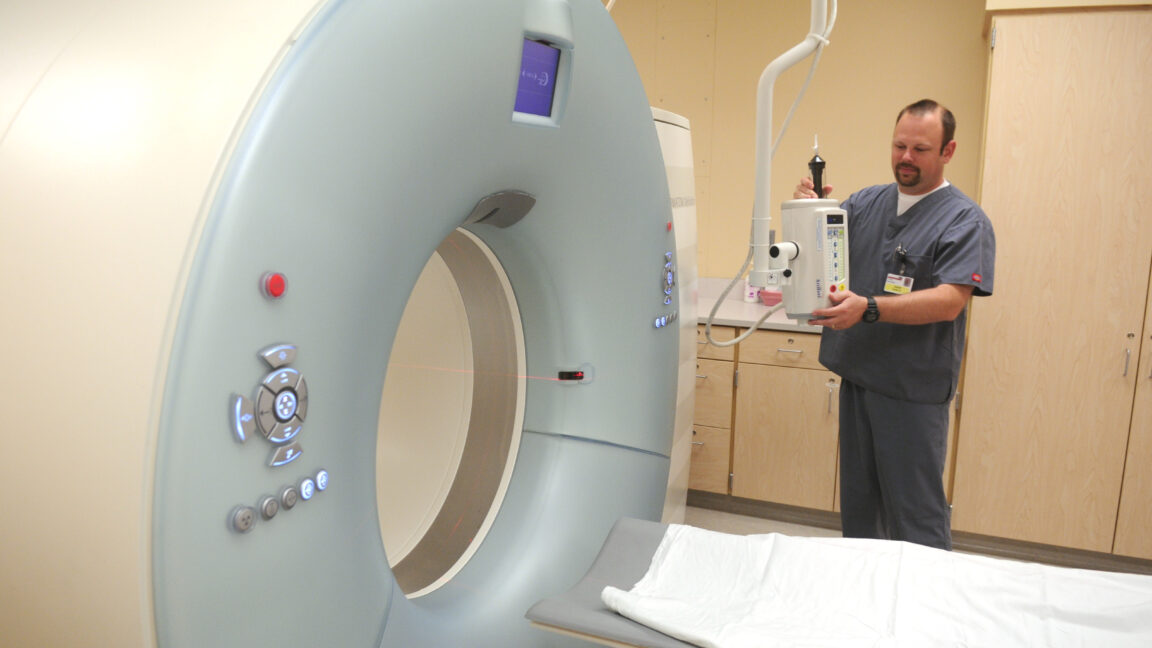The truth about alcohol and your brain: Scientists put a number on the years heavy drinking takes off your life
Researchers discovered that heavy drinking could take 13 years off your life.

Research continues to emerge showing that alcohol is bad for our health, increasing the risk of at least seven different types of cancer, disrupting sleep and hurting mental-wellbeing. Now, scientists have uncovered the exact number of years drinking could cut from your lifespan—and how many drinks per week produce the worst health outcomes.
In a new study published in the journal Neurology, researchers found that heavy drinkers—those who had eight or more drinks per week—died 13 years earlier on average than non-drinkers. Additionally, former heavy drinkers had greater cognitive decline and brain damage.
“Heavy alcohol consumption is a major global health concern linked to increased health problems and death,” said study author Alberto Fernando Oliveira Justo, of the University of Sao Paulo Medical School in Brazil.
How drinking affects the brain
Researchers looked at the brain autopsies of 1,781 people with an average age of 75. After family members answered questions about the participants’ drinking habits, they divided them into four groups: people who never drank, moderate drinkers (fewer than seven per week), heavy drinkers, and former heavy drinkers.
Scientists looked at brain mass and signs of injury, including tau tangles, a buildup of a protein linked to Alzheimer’s disease, and vascular brain lesions, which are signs of damaged blood vessels that restrict blood flow and can impair memory and cognition over time.
Researchers also found heavy and former heavy drinkers had greater risk of developing the Alzheimer’s biomarker—41% and 31% higher odds, respectively.
When adjusting for other factors that may affect brain health—such as aging, smoking, and physical activity—researchers found that heavy drinkers had 133% higher odds of having vascular brain lesions compared to those who never drank. Former heavy drinkers had 89% higher odds and moderate drinkers had 60% higher.
“Our research shows that heavy alcohol consumption is damaging to the brain, which can lead to memory and thinking problems,” Justo said.
Researchers also discovered that former heavy drinkers had a lower brain mass ratio—a smaller proportion of brain mass compared to body mass—which can be an indicator of intellectual capacity, and worse cognitive abilities, but did not find the same correlation among moderate or heavy drinkers.
“We found heavy drinking is directly linked to signs of injury in the brain, and this can cause long-term effects on brain health, which may impact memory and thinking abilities,” said Justo.
“Understanding these effects is crucial for public health awareness and continuing to implement preventive measures to reduce heavy drinking,” he added.
Earlier this year, former Surgeon General Vivek Murthy called for updated warning labels on alcohol upon releasing a report that outlined how alcohol is the third leading preventable cause of cancer in the U.S. (after tobacco and obesity). The labels would be similar to those on cigarette packs. Additionally, Murthy asked for a reassessment of the guideline limits for alcohol consumption to account for cancer risk.
If you or a loved one needs help with alcohol consumption, the National Institute on Alcohol Abuse and Alcoholism provides a step-by-step tool to find the right type of treatment.
For more on alcohol and health:
- More Americans than ever—especially young adults—say drinking alcohol is unhealthy
- The dangers of drinking: Experts explain the 4 ways alcohol can cause cancer
- Binge drinking is on the rise among older adults. Here’s why it’s more dangerous and how to spot the signs
This story was originally featured on Fortune.com































































































































































































![How to Find Low-Competition Keywords with Semrush [Super Easy]](https://static.semrush.com/blog/uploads/media/73/62/7362f16fb9e460b6d58ccc09b4a048b6/how-to-find-low-competition-keywords-sm.png)



